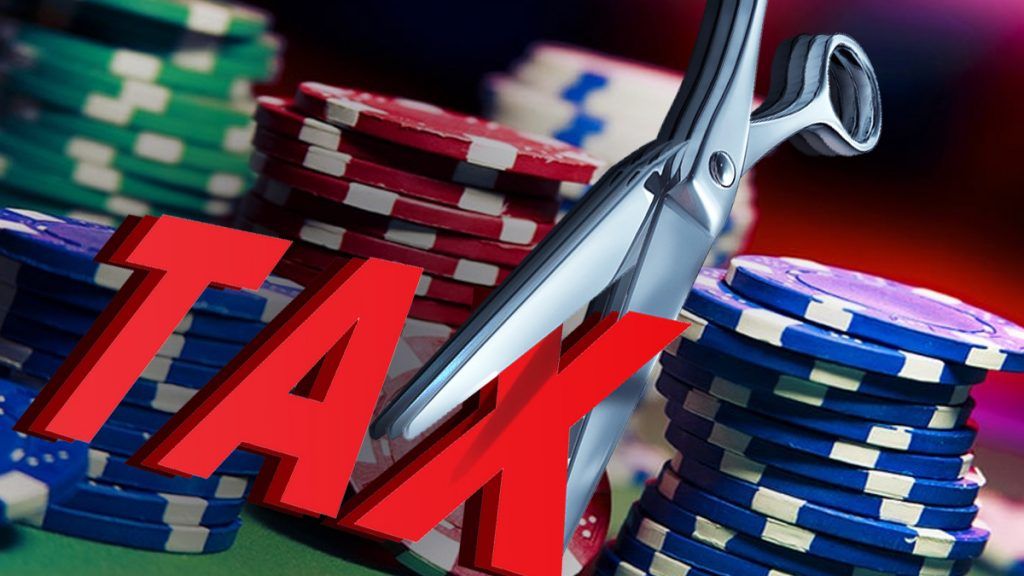India’s Goods and Services Tax (GST) Council has announced a 28% tax on online gaming, casinos, and horse racing, sparking a heated debate among industry stakeholders. The tax, which applies to both “games of skill” and “games of chance,” is set to significantly impact the rapidly growing online gaming sector in India.

The New Tax Landscape
The tax hike from the previous 18% targets a broader spectrum of gaming companies’ revenues. It will be levied on the entire face value of bets, leading to a “significant increase in tax incidence.” The online gaming industry in India is valued at over $1.1 billion, with a user base of more than 628 million as of 2021.
Industry Backlash
Industry insiders have labeled the tax hike as “catastrophic” and “unconstitutional.” They argue that the new tax rate could lead to a nearly 1000% increase in taxation, making the industry unviable and boosting black-market operators. Dream11, a major player in the industry, had a net profit of Rs 150 crore on revenues of Rs 3,841 crore in FY22.
Regulatory Implications
The tax comes on the heels of the Indian IT Ministry directing gaming firms to form self-regulatory bodies. The GST Council plans to work closely with the IT Ministry to align the tax with upcoming regulations. The Indian government collected approximately Rs 1,00,710 crore in GST revenue in June 2025 alone.
The Broader Picture
The tax hike is part of a larger scrutiny of the online gaming industry in India, which has been growing exponentially. While the government aims to increase tax revenues, there are concerns about the potential negative impacts on the industry and consumer behavior. The online gaming sector is expected to reach $2.8 billion by 2022, growing at a CAGR of 40%.
Possible Impact on the Industry
Tax hikes in industries like online gaming often have a multi-faceted economic impact that can be both immediate and long-term. A significant increase in tax burden could lead to reduced profitability for companies, which in turn could result in layoffs. For instance, the industry has warned that the tax hike could result in an estimated loss of up to 50,000 jobs in the online gaming sector in India.
Higher taxes often get passed on to consumers in the form of increased costs. This could lead to a decrease in user engagement or a shift towards black-market or offshore platforms that can offer better odds or lower costs. The online gaming sector in India has been growing rapidly, with projections indicating a market size of $2.8 billion by 2022. A tax hike could slow this growth by making it less attractive for both domestic and international investors.
Increased taxes and tighter regulations could also lead to higher compliance costs, further straining companies operating in this space. While the government aims to increase tax revenue through this hike, it’s crucial to balance this against the potential negative impacts on an industry that is a significant contributor to the economy. While there are general economic principles that suggest potential impacts, specific studies would be needed to accurately estimate the effects of this tax hike on the Indian online gaming industry.
Key Perspectives of the Tax Hike
Here are some perspectives from India on the potential tax hike for online gaming:
- Concern from online gaming companies: They argue a tax hike from 18% to 28% is too steep. It will make the industry less competitive, reduce investments and hurt the sector’s growth.
- Worries about job losses: The industry group All India Gaming Federation claims the tax hike may lead to loss of thousands of jobs and decrease of investment by over $1 billion. They want a more reasonable tax model.
- Criticism that consumers will suffer: Some argue the increased taxes will get passed on to consumers through higher game fees, resulting in hardship for users.
- Debate over “skill vs chance” games: The tax will apply only to “games of chance” like rummy or poker, not “skill games” like fantasy sports. But defining these categories is complex.
- Arguments that gambling addiction will rise: Social activists say the higher tax rate signals that online gambling will now be legitimized and promoted more widely, leading to more addiction.
- Government defence of generating revenue: Authorities say online gaming is addictive, so higher taxes are justified to limit excessive gambling and generate revenue for public welfare.
- Demands for legal clarity: Stakeholders say India needs an overall gaming law to bring regulatory clarity on issues like fair taxation, licensing, foreign investment etc.
Reactions are mixed with the online gaming industry being strongly opposed while authorities feel justified taxing activities they classify as gambling more heavily. Broader legal reforms seem necessary.
What’s Going to Happen Next?
The industry is bracing for the impact of the new tax, with some companies contemplating legal challenges. The GST Council’s decision could set a precedent for other digital economy sectors in India. The tax hike could result in an estimated loss of up to 50,000 jobs in the online gaming sector.

